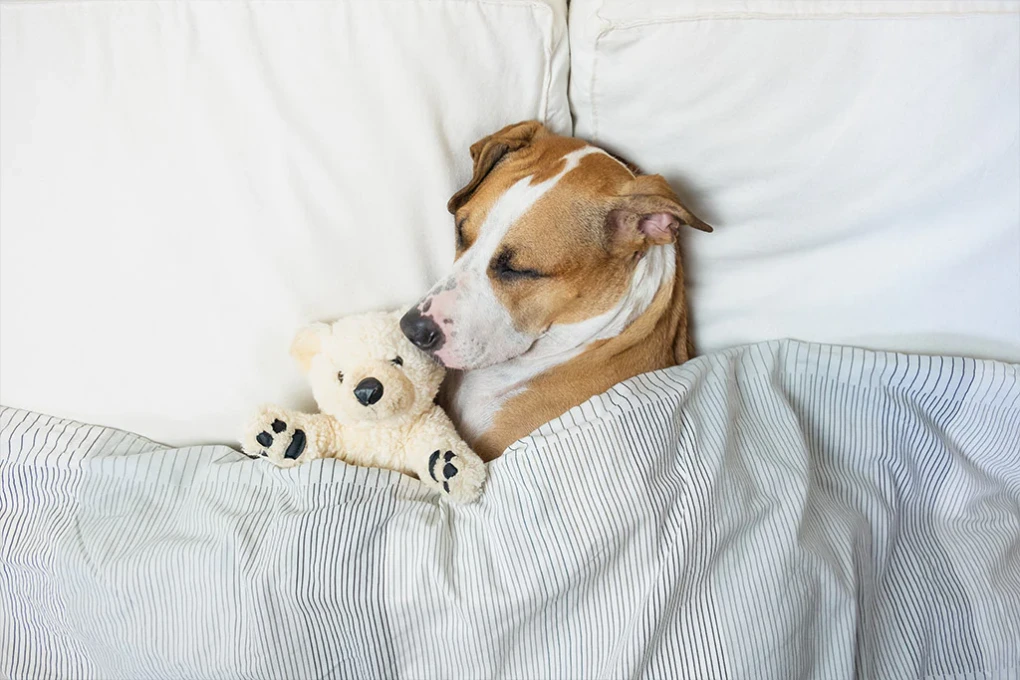Why Do Dogs Sleep So Much? Understanding Canine Slumber

If you've ever wondered why dogs seem to spend a significant portion of their day snoozing, you're not alone. Dogs are known for their love of sleep, but have you ever questioned why they sleep so much? In this article, we will delve into the fascinating world of canine sleep patterns, exploring the reasons behind their extensive sleep habits, and providing insights into the factors that influence their slumber.
- Natural Sleep Patterns:
Dogs, like humans, have natural sleep patterns that consist of both rapid eye movement (REM) and non-REM sleep. They cycle through various stages of sleep, including light sleep, deep sleep, and dreaming. - Age and Energy Expenditure:
Age and energy expenditure significantly impact a dog's sleep requirements. Puppies and younger dogs tend to have higher energy levels and engage in more playful activities, requiring additional sleep to support their growth and development. On the other hand, older dogs may sleep more due to reduced activity levels and the natural aging process. - Breed and Size Variations:
Breed and size variations also influence a dog's sleep needs. Larger breeds, such as Great Danes, have a slower metabolic rate and may sleep more compared to smaller breeds. Additionally, certain breeds are known for their inclination towards longer snoozes, while others may have more sporadic sleep patterns. - Sleep for Rest and Recovery:
Sleep plays a crucial role in a dog's rest and recovery. Just like humans, dogs need quality sleep to rejuvenate their bodies, promote healing, and support overall health. Adequate rest allows their immune system to function optimally and facilitates cognitive processes. - Environmental Factors:
A dog's sleep patterns can be influenced by environmental factors such as temperature, noise levels, and comfort. Providing a cozy and quiet sleeping area, away from distractions, promotes better sleep quality for your canine companion. - Mental Stimulation and Emotional Well-being:
Engaging your dog in regular mental stimulation and providing emotional support can contribute to better sleep quality. Activities like puzzle toys, training exercises, and social interaction can help fulfill their cognitive and emotional needs, leading to more restful sleep.
The amount of sleep dogs require can vary based on age, breed, size, energy levels, and environmental factors. While dogs may seem to sleep a lot, it's a natural part of their biological makeup and essential for their overall well-being. Understanding their sleep patterns, providing a comfortable sleeping environment, and addressing their physical and mental needs contribute to a healthy sleep routine for your furry friend.